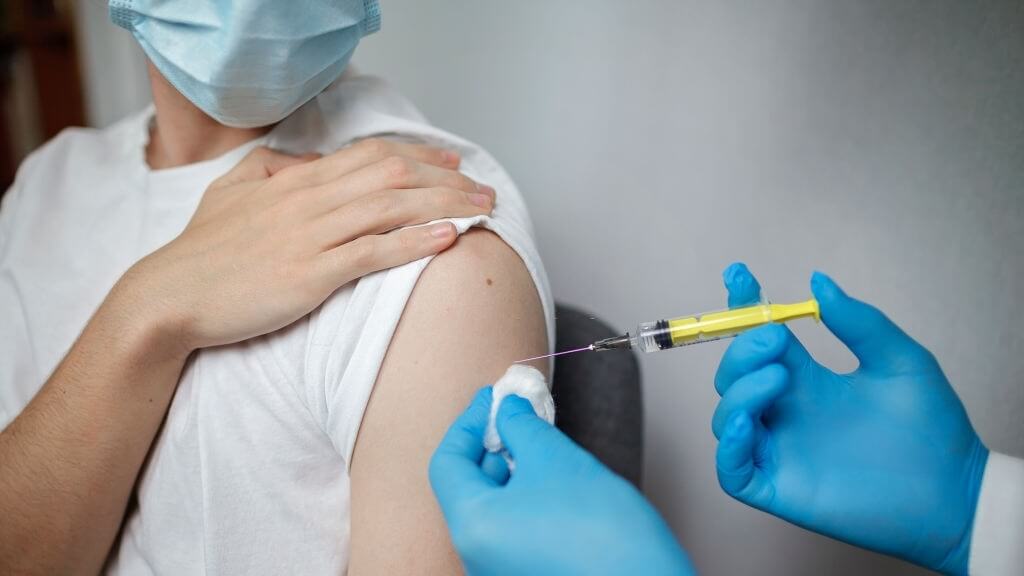Despite previously successful vaccination campaigns, many countries are currently experiencing a resurgence of SARS-CoV-2 infections. This could be due to the increased infectiousness of the Delta (B.1.617.2) variant of SARS-CoV-2, as well as waning immunity from vaccines given months ago. In response to the current resurgence, several countries intend to administer a third booster dose of the mRNA COVID-19 vaccine.
The Clalit Research Institute studied one of the world’s largest integrated health record databases in collaboration with Harvard University researchers to assess the effectiveness of the third dosage of the Pfizer/BioNTech BNT162B2 vaccine against the Delta strain of SARS-CoV-2.
Effectiveness Of The Third Dose Of Vaccination Reveals Delta Resistance
The research is the largest peer-reviewed examination of a third “booster” dose of a COVID-19 vaccine in a nationwide mass-vaccination environment. The research was carried out in Israel. It was published in the journal The Lancet.
There has been a lot of buzz about offering the third dose or booster dose to some patients. The most important aspect of the same was the effect of this dose on an individual’s health, and now as per this research, it has been much positive than what was expected by people at large and even some groups of experts. The data offered has proven that for people with serious medical conditions, this dose can be much useful.

The study ran from July 30 to September 23, 2021, coinciding with Israel’s fourth wave of coronavirus infection and illness, during which the Delta (B.1.617.2) variant was the most prevalent strain in the country for new infections.
The researchers examined data from 728,321 people aged 12 and up who had received the third dose of the BNT162b2 vaccine. These people were carefully matched with 728,321 people who had only received two shots of the BNT162b2 vaccine at least five months before. Individuals were dynamically assigned to each group based on their changing vaccination status (198,476 individuals moved from the unvaccinated cohort into the vaccinated cohort during the study). Several analyses were performed.
Individuals who received three doses of the vaccine (7 days or more after the third dose) had a 93 percent lower risk of COVID-19-related hospitalization, a 92 percent lower risk of severe COVID-19 disease. Vaccine effectiveness was found to be comparable across sexes, age groups (40-69 and 70+), and the number of comorbidities. The infection rates for each age group began to fall 7-10 days after that age group became eligible for the third dose.
“These findings demonstrate conclusively that the third dose of the vaccine is highly effective against severe COVID-19-related outcomes one week after the third dose in various age groups and population subgroups. These data should help policymakers make more informed decisions “Prof. Ran Balicer, senior author of the study, Director of the Clalit Research Institute, and Clalit’s Chief Innovation Officer shared his thoughts.
This research demonstrates that a third vaccine dosage is effective in reducing severe COVID-19-related outcomes when compared to people who have had two vaccine doses at least five months apart. It is the first study to assess the efficiency of the third dose of an mRNA COVID-19 vaccine—specifically, BNT162b2— the vaccine’s effectiveness across time periods, subpopulations (by sex, age, and the number of comorbidities), and severe outcomes (which are rarer and thus require greater sample size).
It looks like we can see forward towards a positive result in applying the third dosage vaccination and receive a great result. The resistance against COVID-19 is apparently difficult but still possible. Let’s hope that people take things seriously and opt for a third dosage of vaccination after all. We have to spread awareness as individual citizens and support government norms when needed.